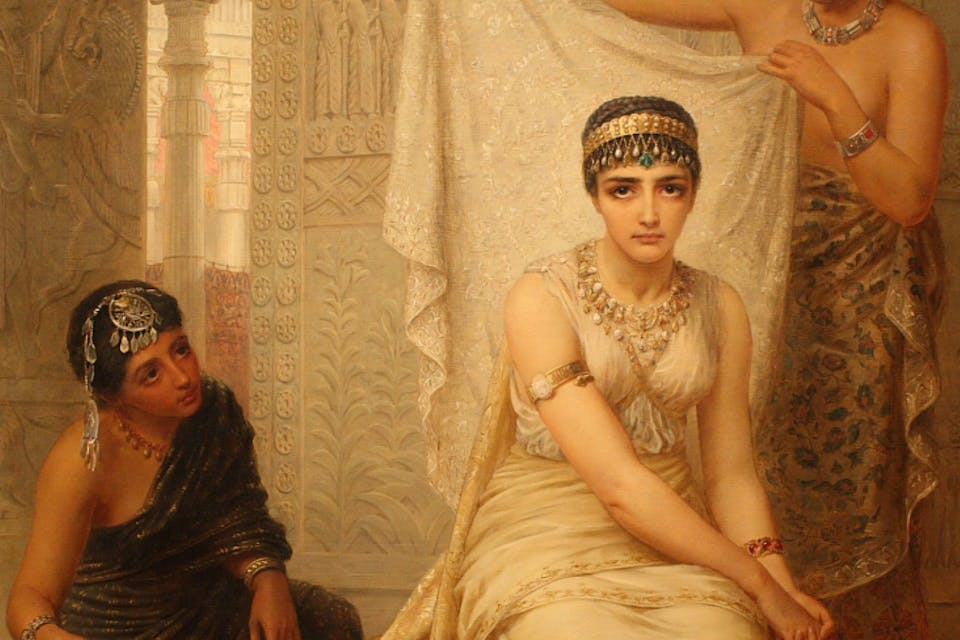
March 22, 2016
The Book of Esther as a Manual for Jewish Survival
The political vision and theological insight of Esther speak compellingly to the dilemmas and opportunities of the present age.
Recent years have witnessed a renaissance of interest in the Bible’s political and social teachings, especially those that might have relevance to our own times. Studies have focused on the Bible’s putative articulation of federalism and the separation of powers, on the nation as a unique political form, on the concepts of equality, contract, consent, covenant, and much else. These works are valuable and often insightful. But they elucidate principles of social and political thought that were enacted by the heroes of the Bible in a world inhabited by the immanent presence of God—a world in which God acts in history, speaks to Moses and the prophets, gives laws and metes out justice, remembers the barren woman and the orphan child, and stands with courageous men in battle.
We no longer live in such a world—and have not lived in it, according to rabbinic tradition, for thousands of years. To look to the books of the Torah and the prophets for a biblical politics that can instruct the current age is to search in a world then imbued with God’s presence for guidance in a world in which God hides His face.
As it happens, however, there is precedent in the Hebrew Bible itself for such a world. It is the world of the book of Esther, which comes near the end of the Hebrew Bible and which features neither the laws of Moses nor the orations of the prophets, and offers not a word about God, His presence in history, or the land of Israel that He promised to the Jewish people.